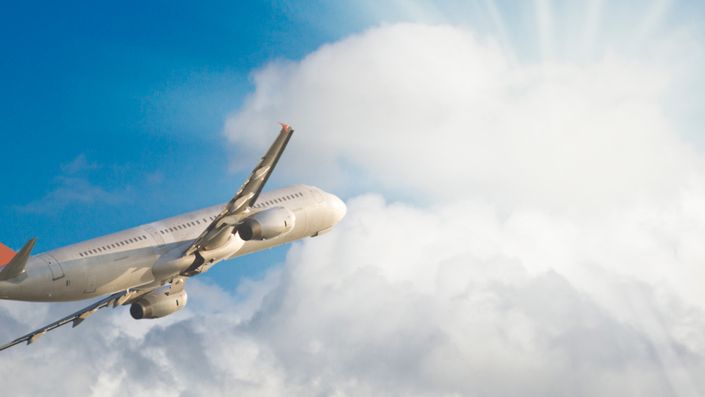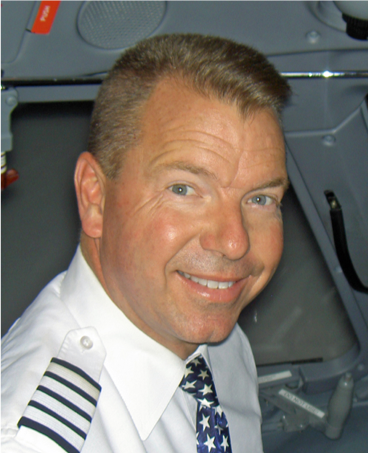
6 Essential Considerations in All Airplane Upset Recoveries
What Matters in Every Upset Recovery
Watch Promo
Lay the Groundwork for Effective UPRT in Any Fixed-wing Airplane...
For many aspects of pilot training, we concentrate on the individual systems and differences for each specific aircraft type. In upset prevention and recovery, the name of the game is simply returning the aircraft safely and effectively to the heart of the normal envelope. It turns out that the basic considerations in doing that are based on the same underlying aerodynamic and physical principles. This course explains those essential considerations, laying a groundwork for effective upset recovery in any fixed-wing airplane you will ever fly.
* If you are interested in other online APS courses, the All Access Pass includes a full year of access to all of the courses in the APS academy as well as bonus content including expert webinars and important industry updates.
Course Curriculum
-
StartPart 1: Normal Envelope vs Upset Domain (5:56)
-
StartPart 2: Transferability of UPRT (5:18)
-
StartPart 3: The Six Essential Upset Factors (6:53)
-
StartPart 4: Recognize and Confirm (5:59)
-
StartPart 5: AOA and Yaw (10:19)
-
StartPart 6: Lift Vector (9:17)
-
StartPart 7: Energy Management (8:16)
-
StartPart 8: Flight Path Divergence (6:55)
-
StartPart 9: Secondary Flt Ctls and Type Specific Considerations (5:50)
-
StartPart 10: Evaluation of a Sample Recovery (14:34)
-
StartPart 11: Common Considerations of UPRT (3:16)
Frequently Asked Questions
Get started now!
Your Instructor

Clarke is based at APS Headquarters at the Phoenix-Mesa Gateway Airport (KIWA) in Mesa, Arizona USA. His career spans a wide spectrum of aviation to include: the US Navy an F/A-18 Hornet fighter pilot, commercial flight operations as an airline captain at a major US air carrier, as well as general aviation experience starting as a teenager with his own airplane in light pistons, that later expanded into gliders and float planes. Clarke has over 15,000 flight hours, is a 6-time Master CFI, and is now in his 17th year specializing in the development and delivery of APS' world-class Upset Prevention and Recovery Training (UPRT) solutions.
More on Capt. McNeace: apstraining.com/mcneace
